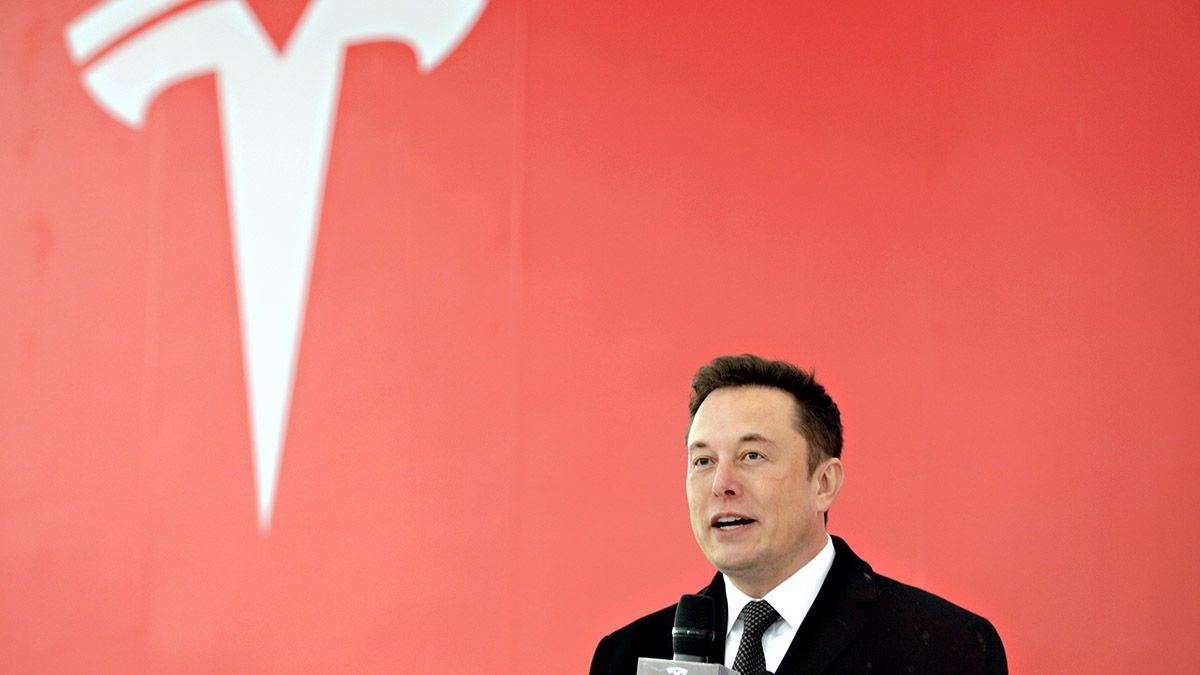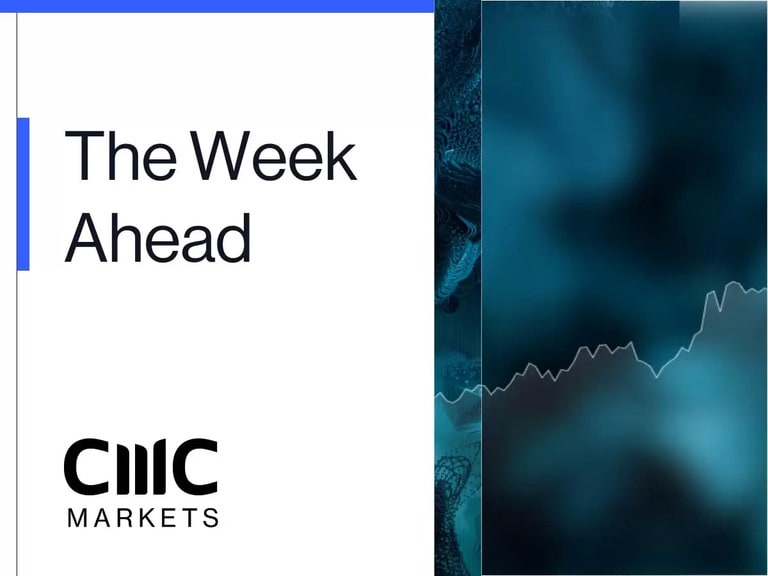Since entering the S&P 500 on 21 December 2020 at $666, the Tesla share price has just about managed to hold on to the upward momentum that has been in place since the beginning of 2020, when the shares sat at a lowly $83.
Having hit a record high of $895 back in January, the Tesla share price has slipped back a touch in the past few months as questions are asked about whether this sort of valuation can be sustained at a time when the likes of General Motors, Ford and Daimler are starting to ramp up their electric vehicle offerings, and have the ability to scale much quicker.
Tesla share price drops despite record deliveries
The shares have held up fairly well so far this quarter, with the latest delivery stats showing that the company delivered 184,800 vehicles in Q1, a new record, with most of them either Model 3 and Model Y. The Model S and X saw just over 2,000 deliveries in Q1, with the hope that production, and then deliveries, can be ramped up further.
Q1 profits came in at $0.93 a share, above estimates of $0.80 a share, while net income came in at $483m, on revenues of $10.39bn
New factories to boost capacity
The company is certainly making great strides in building up capacity, with the new plant in China up and running, along with new plants in Austin, Texas and Brandenburg in Germany set to come online sometime this year, though the German plant does appear to have hit some snags, which could mean the opening is delayed.
These new plants are expected to produce the new crossover SUV Model Y, with the Austin plant also set to produce the new Cybertruck and Tesla Semi, for the eastern half of North America, with the hope that all of this extra capacity could see up to 1m cars delivered this year.
Meanwhile in China, Tesla’s love story could start to encounter more risks. Last week the company was slapped down by Chinese authorities over how it treated one of its customers at the Chinese auto show, after complaints around the vehicle’s brakes. This is an area, if reports are correct, that Tesla may have room for improvement.
Margins at 12-month lows
One particular concern for Tesla in its previous set of numbers was that gross margins fell to 19.2% in Q4, the lowest in 12 months. On the plus side, we did see positive free cashflow of $2.79bn, and this has continued in the first quarter of this year, albeit on a slower scale of $293m.
The company has done well in managing to post consistent profits on a quarterly basis over the past 12 months, though this has largely been achieved in the form of the sale of regulatory credits and energy storage sales, with regulatory credits contributing $518m this quarter, up from $401m in Q4.
The company also spent $1.2bn on bitcoin in the last quarter, making a profit of $101m in the process.
With Tesla making profits of $331m in Q3, $271m in Q4, and $483m this quarter, it still means that on car sales alone the company is struggling to turn a profit.
Tesla's lofty valuation to come under threat?
You can argue as to whether or not that really matters, but at a time when competition is only expected to get fiercer, and Tesla has already cut prices in China and will probably have to continue to do so again as it brings its cost of production down, the pressure on margins is only likely to increase.
With a market cap way ahead of the entire automotive sector, the company has an almost cult-like status among its devotees, along with CEO Elon Musk, which is fine but it still doesn’t change the fact whatever you think of Tesla and its cars, it still can’t generate profits from that side of the business.
It’s difficult to see how this can change no matter how much it drives down its costs of production as competition increases, which means it will still be heavily reliant on the other areas of its business, regulatory and energy storage sales, as well as bitcoin sales, begging the question as to how sustainable that is.
Maybe that’s why Tesla's share price turned lower in after-hours trading.
CMC Markets erbjuder sin tjänst som ”execution only”. Detta material (antingen uttryckt eller inte) är endast för allmän information och tar inte hänsyn till dina personliga omständigheter eller mål. Ingenting i detta material är (eller bör anses vara) finansiella, investeringar eller andra råd som beroende bör läggas på. Inget yttrande i materialet utgör en rekommendation från CMC Markets eller författaren om en viss investering, säkerhet, transaktion eller investeringsstrategi. Detta innehåll har inte skapats i enlighet med de regler som finns för oberoende investeringsrådgivning. Även om vi inte uttryckligen hindras från att handla innan vi har tillhandhållit detta innehåll försöker vi inte dra nytta av det innan det sprids.






